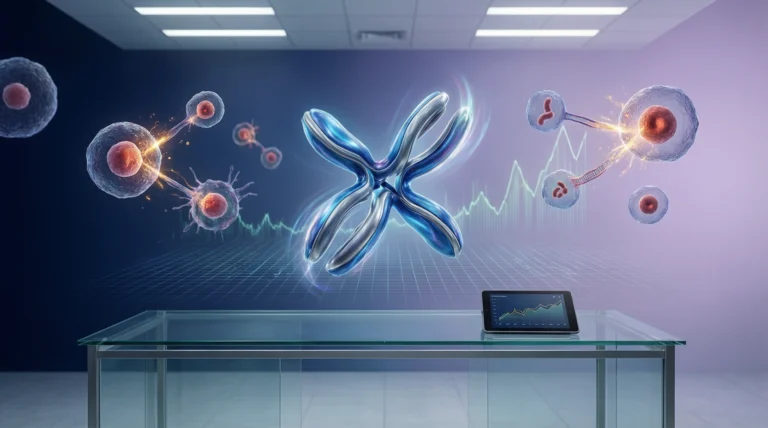
Mira Leppänen-Mattelmäki, a Research Associate in Orion’s pain team, finds her greatest motivation in the potential impact their work may have on patients. For Minna Vuorenmaa, a Research Assistant in the cancer research team, the meaningfulness of aiding patients fuels her dedication to the job. With over four years and thirteen years of experience respectively in Orion’s laboratory, both emphasize the constant stimulation and learning opportunities inherent in their roles.
The dynamic nature of scientific research keeps them engaged, with each day presenting new challenges and discoveries. Vuorenmaa describes the excitement of pushing the boundaries of knowledge through laboratory experiments, where unexpected breakthroughs could reshape the trajectory of their research.
Flexibility, responsibility, and autonomy characterize the role of a research assistant at Orion. They conduct and document experiments under the guidance of researchers, while also managing the upkeep of the laboratory and essential tasks like equipment maintenance and reagent procurement. Experimentation involves assessing how lab-grown cells respond to emerging pharmaceutical compounds, a process that demands adaptability and quick decision-making.
Leppänen-Mattelmäki underscores the significance of flexibility in accommodating unforeseen discoveries that might redirect their research endeavors. This requires courage, responsibility, and a willingness to collaborate with colleagues to navigate critical decisions. Meanwhile, Vuorenmaa stresses the importance of organizational skills and diligence in managing the multifaceted demands of their work.
Ultimately, their shared passion for scientific inquiry and the potential to make a difference in patients’ lives drives their commitment to excellence in research at Orion.
Orion’s laboratories in Espoo and Turku boast a workforce of approximately 100 research assistants spread across 15 teams. These assistants play a crucial role in various stages of drug development, from its inception to completion. With a focus on discovering new drugs and evaluating their efficacy and safety, the Research and Development department relies heavily on the diverse expertise of its assistants.
Many of these assistants, including Mira Leppänen-Mattelmäki and Minna Vuorenmaa, hold degrees from universities of applied sciences, specializing in bioanalysis. Additionally, the team comprises individuals with vocational qualifications in laboratory technology and university graduates, creating a rich pool of talent.
Given the collaborative nature of their work, effective communication is paramount among assistants and researchers alike. Vuorenmaa highlights the supportive and inclusive atmosphere within the teams, where camaraderie is evident in both professional and personal interactions, such as celebrating birthdays together.
Leppänen-Mattelmäki echoes this sentiment, emphasizing the supportive nature of their colleagues, fostering an environment where mistakes are acknowledged without fear. With English as the primary working language in this multinational setting, the diverse backgrounds of team members contribute to a dynamic and innovative workplace culture.
Orion’s laboratories offer a unique opportunity for laboratory workers in Finland to engage in comprehensive research and development initiatives. Leppänen-Mattelmäki finds the exposure to the entire drug development process both motivating and inspiring, particularly the marvel of cultivating cells from human or animal tissue in laboratory settings.
While researchers lead the charge in drug development, the collaborative efforts of skilled assistants are indispensable to the success of these endeavors. Vuorenmaa emphasizes the collective pursuit of a shared goal, underscoring the collaborative ethos that drives Orion’s research community forward.




